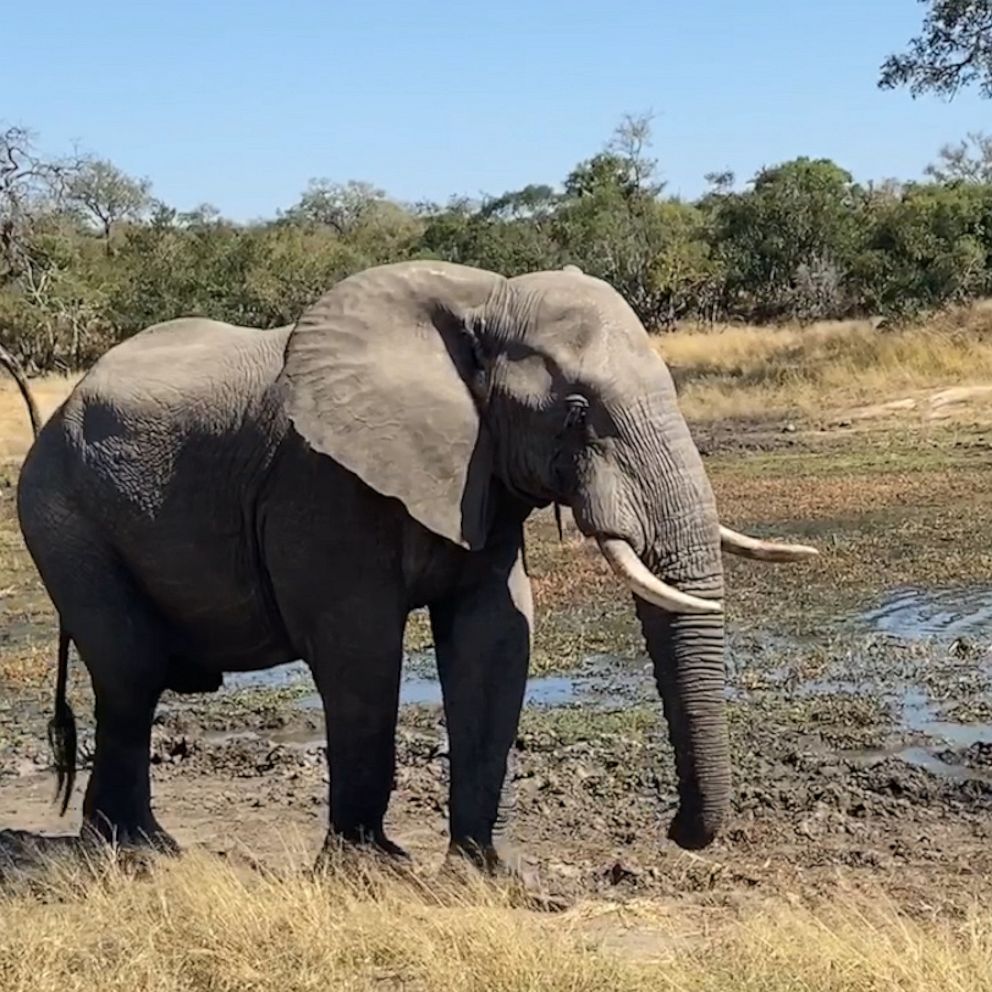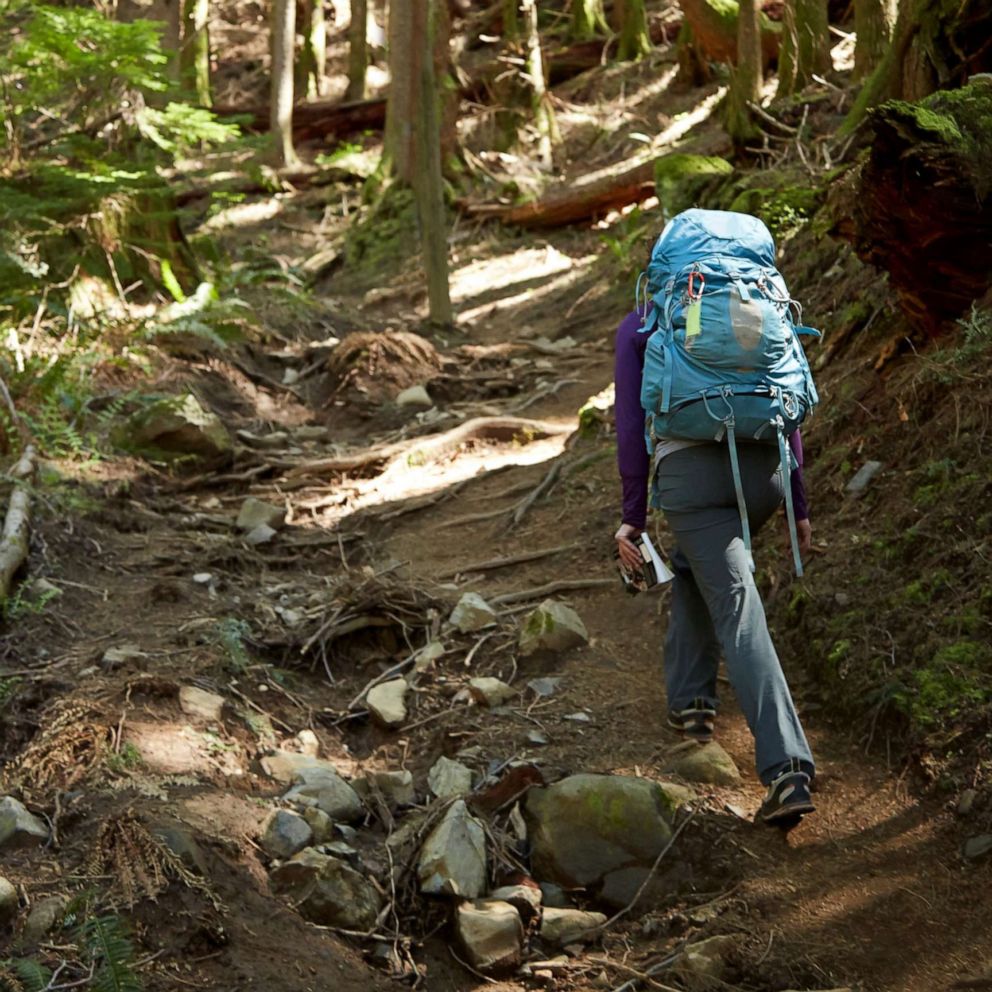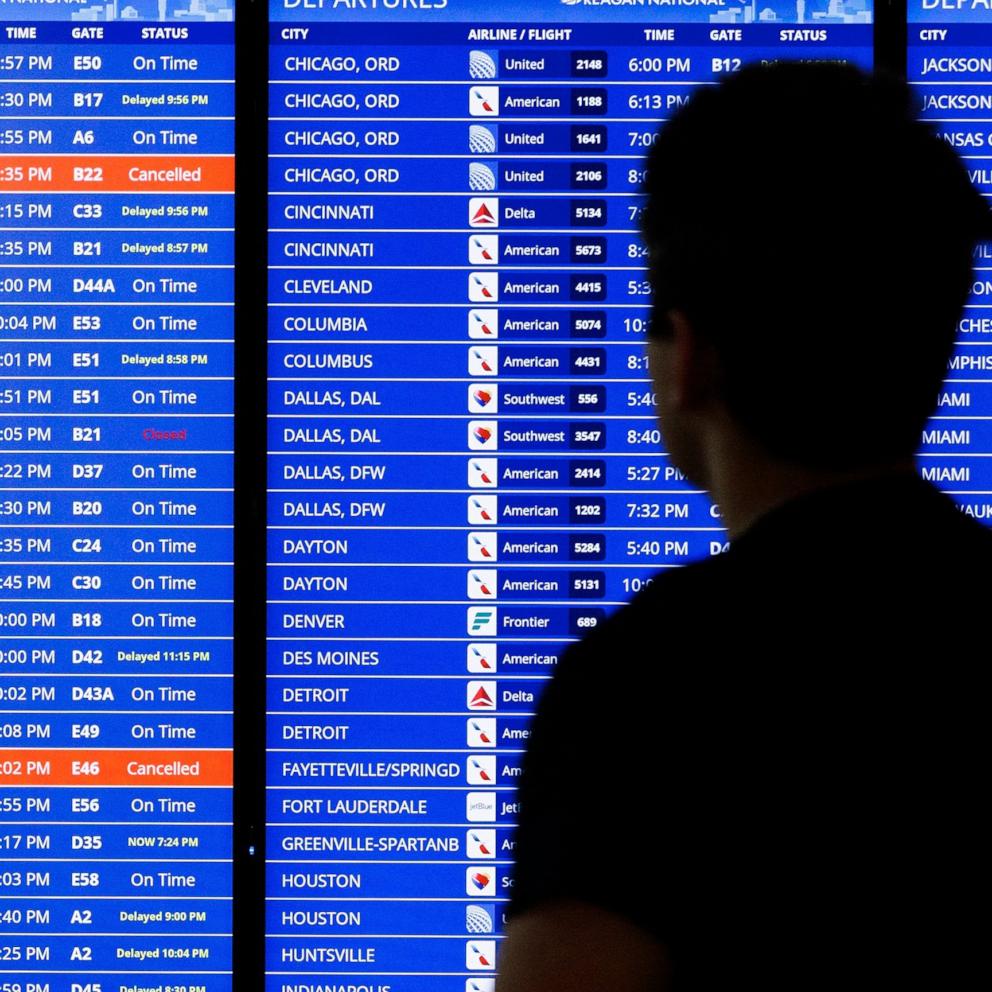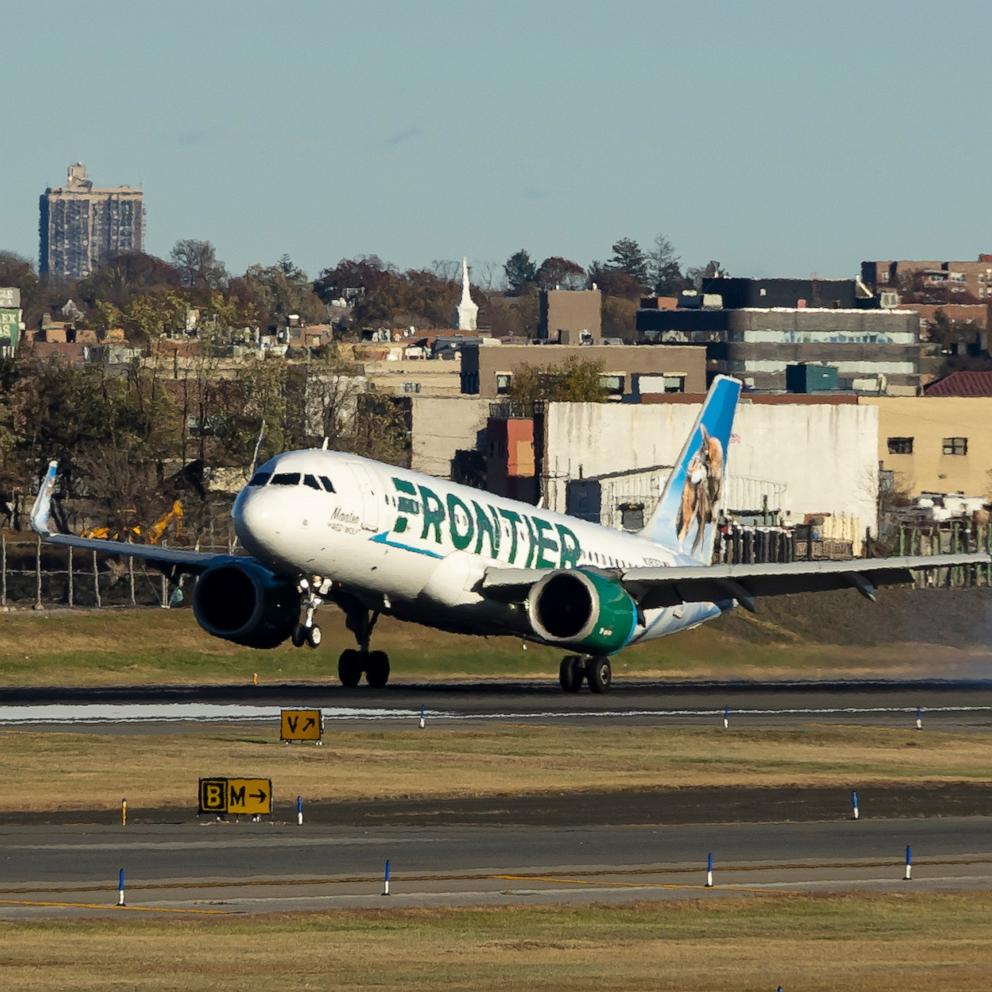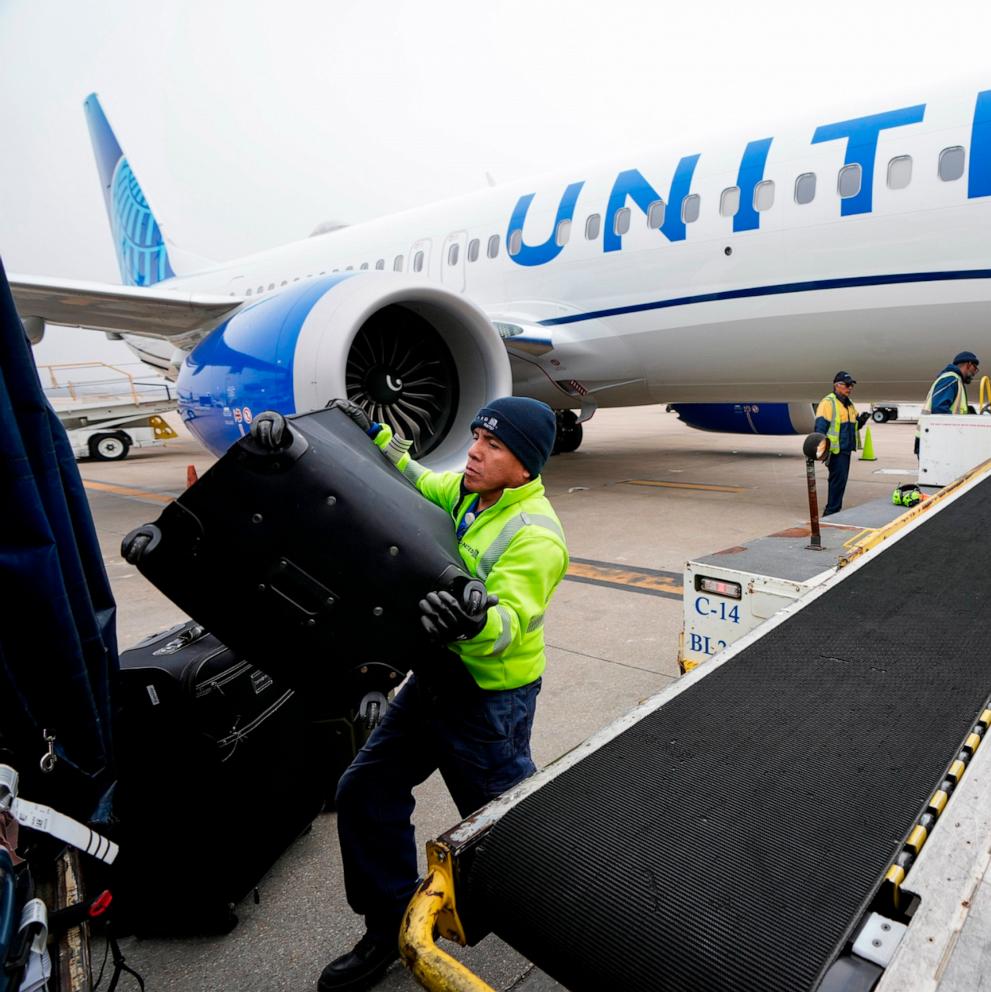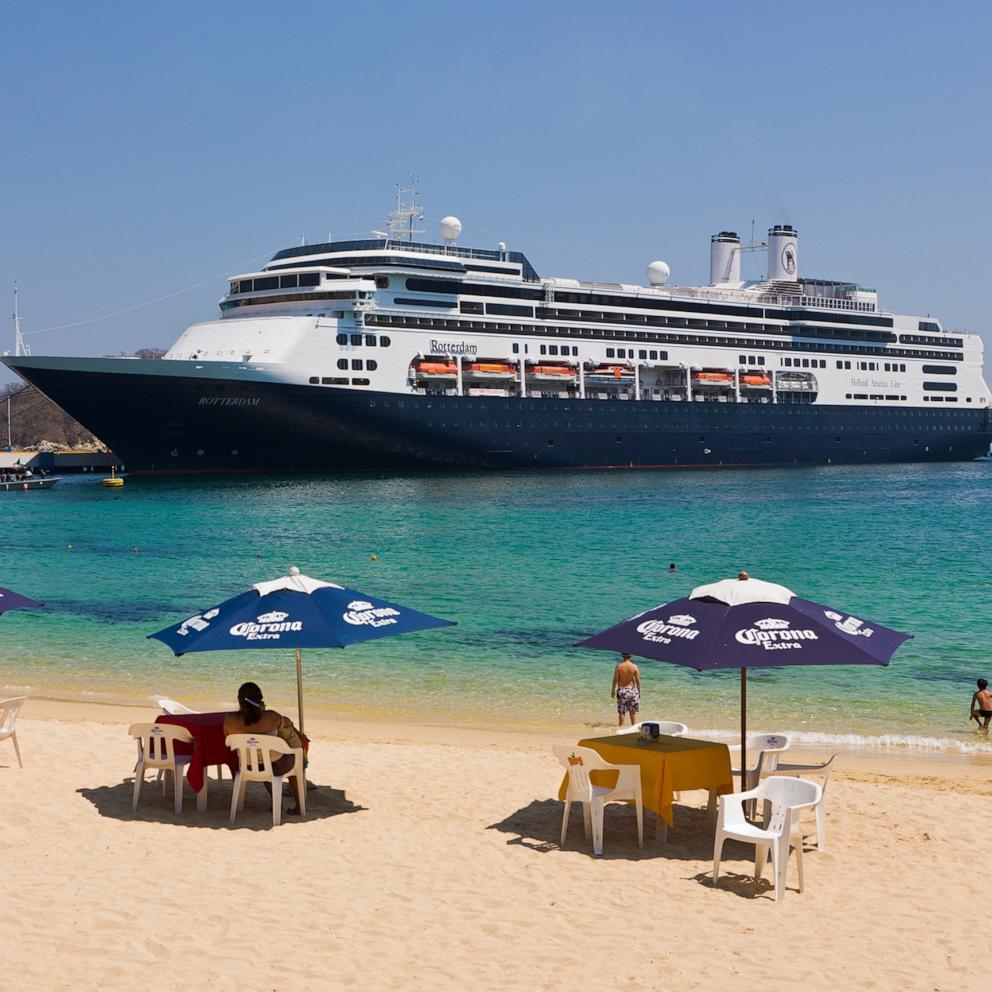Everything a first-time camper needs to know before planning a trip
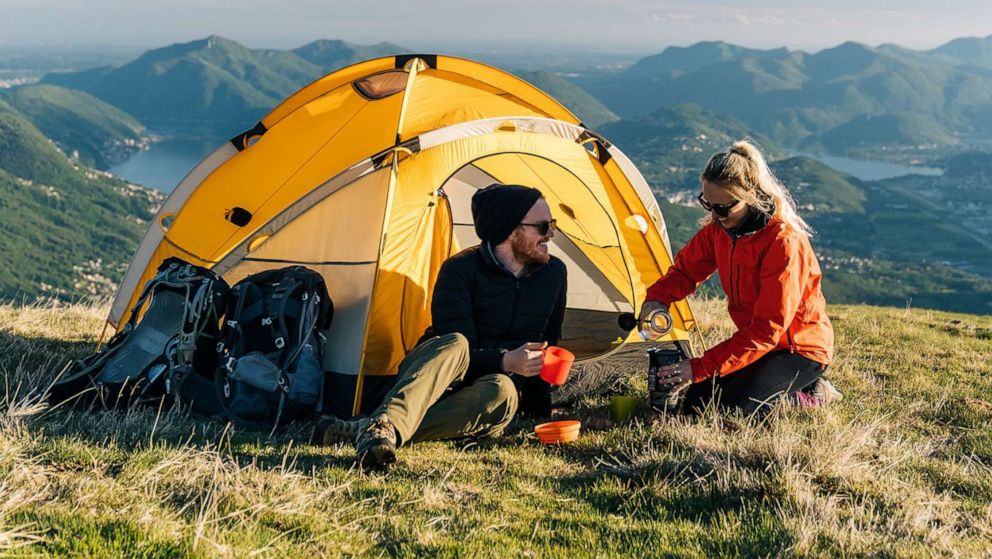

Travelers looking to take a summer vacation but are concerned with crowds are increasingly looking at camping in light of COVID-19. But if you've never camped before, the process can seem overwhelming. Where to go? How to plan?
"Good Morning America" has gathered tips from three industry experts to help you get on the road and have the socially distant summer vacation of your dreams.
What kind of camper do you want to be?
Find your brand of camping, according to Caleb Hartung, CEO of Campspot, an online booking portal where travelers can browse and book their next adventure at RV parks, family campgrounds, glamping resorts. "A rustic tent site in a dark sky region with no internet access may be your cup of tea," he said. "Or, perhaps a canvas glamping tent with a kitchenette, queen bed and lake access is more your style. There’s no one right way to camp. Feel empowered to find the type of lodging that best fits you."
Once you know what type of trip you're looking for, decide what must-have amenities you need.
"Consider both nearby and onsite amenities. Some parks shine based on the amenities they offer directly on their properties, such as expansive waterparks, laser tag areas or themed weekend events," said Hartung. "Other campgrounds are desirable for their proximity to historic sites, national parks or famous attractions. Both factors are important to consider when planning where to stay, based on your appetite for adventure versus relaxation."
But a bit of advice for first-timers.
"Start slow," said Dan Yates, founder and managing director of Pitchup.com, a booking site for campgrounds, glamping sites and RV parks. "If this is your first time camping, it’s best to avoid very remote areas, and you could even consider forgoing a tent for a self-contained RV or cabin. To allow everyone to enjoy the great outdoors, consider a shorter two-day camping trip, especially since many campgrounds will be reducing their capacity for the near future."
Plan, plan and plan some more.
You can't over prepare for your first camping trip. Dawn Walker, the assistant manager of the Kentucky Horse Park Campground in Lexington, Kentucky, told "GMA" to "plan your stops."
"Campgrounds offer many amenities and have a variety of sites available," she said. "If you make reservations, you will be assured of a site that works best for your needs and enough space for your RV/tent. Be sure to check the campground websites for rules, hours and any updates."
And be sure to ask about any local laws and restrictions. "Some campgrounds will not allow out of state firewood. If you are traveling across state lines, be prepared to buy local firewood at a hardware store or check if the campground has a shop that sells firewood on site," Walker advised.
Yates recommends that new campers get comfortable with the gear and set up tents in their backyards first.
"One time it took three times as long as expected to get to our camping site, and it was pitch black when I got there. Putting up a six-man tent straight out of the package in the light of the headlights, while all the other campers were getting angry watching, isn’t an experience I’d want to repeat," he said.
Think about staying (semi) local.
"Explore lodging in your neck of the woods," said Hartung. "Camping doesn’t have to mean trekking cross-country to a remote area. There are likely many wonderful campgrounds and RV parks within a short driving distance to where you live. Campspot is working to make such data available at your fingertips and to make spontaneous local camping trips the norm."
Only do what makes you comfortable.
On Pitchup.com, campgrounds can include the precautions they’re implementing in their listing.
"I’ve seen everything from contactless check-in to only allowing socially distanced sports, such as solo tennis, on site," said Yates. "Many have also relaxed their cancellation policies to allow free changes. With capacity being reduced amid a surge in interest in camping, book ahead if you can."
Yates said to come prepared.
"Make sure you take your own water bottles, cutlery and so on, before you get to your site," he said. "A checklist is always a good plan, as forgetting something will be more inconvenient than usual. Stock up on hand sanitizer, detergent and other essentials, and take an emergency cash supply if you'll be in a remote spot."
